Math problem-solving Math Worksheets for Ages 6-8
19 filtered results
-
From - To
Explore our engaging Math Problem-Solving Worksheets designed for ages 6-8, available at Kids Academy. Tailored to build critical thinking and analytical skills, our worksheets cover various math topics, from basic addition and subtraction to more challenging problems. Each worksheet encourages practical application through fun and relatable scenarios, enhancing children’s ability to approach and solve real-world problems. Support your child's learning journey with interactive exercises that foster confidence and a love for math. Discover our wide range of activities aimed at making math problem-solving an enjoyable and rewarding experience for young learners.
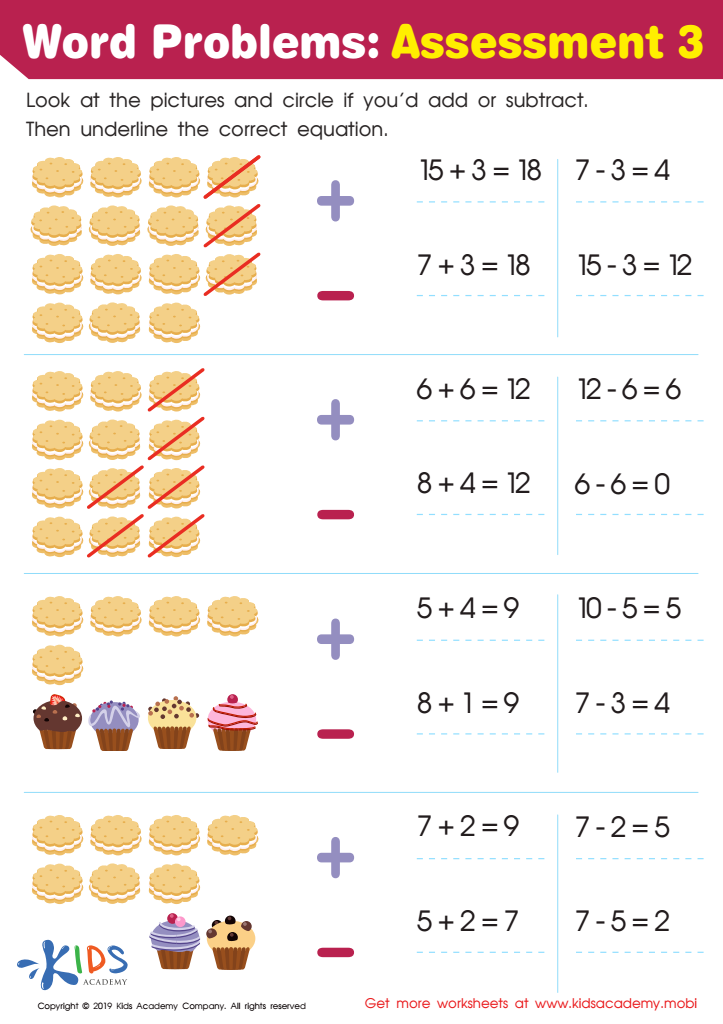

Word Problems: Assessment 3 Worksheet
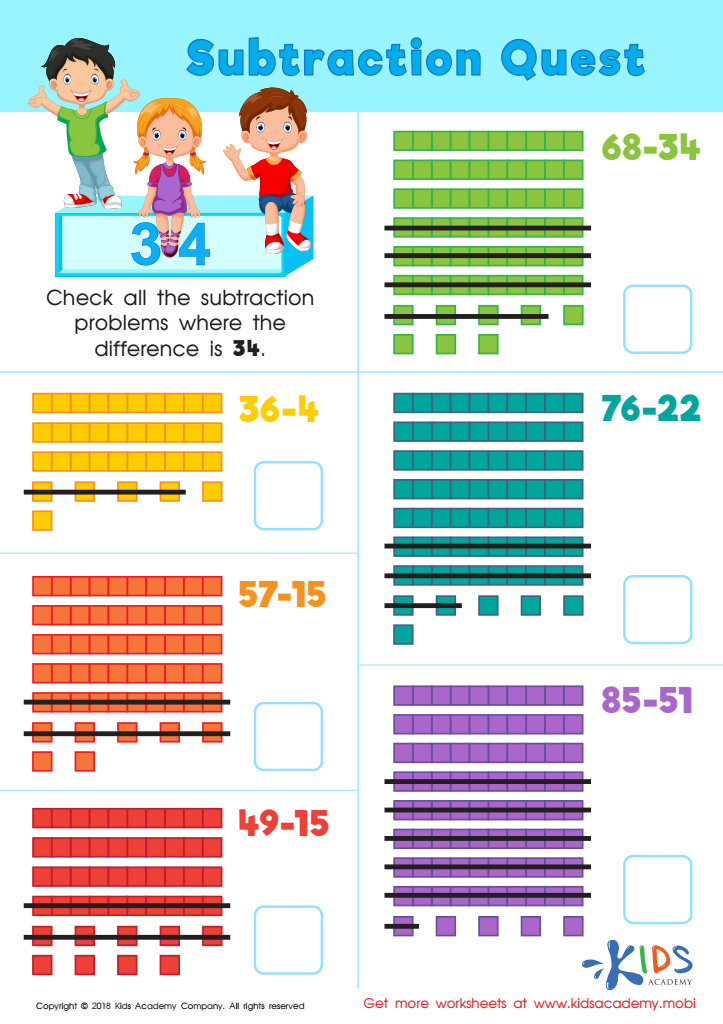

Subtraction Quest Worksheet
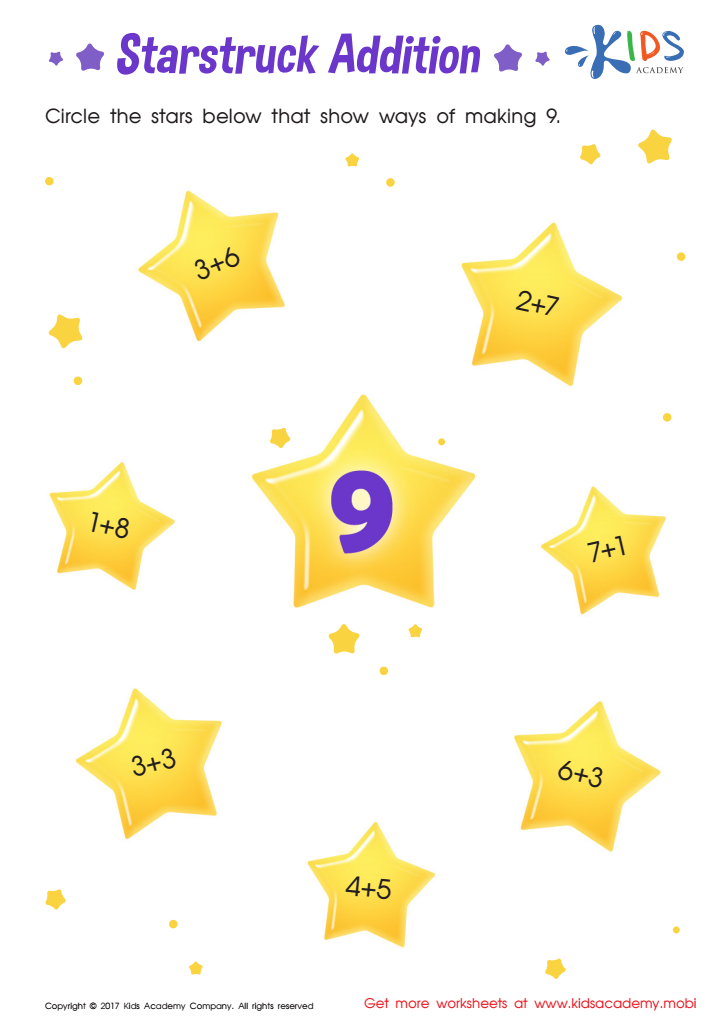

Starstruck Addition Printable
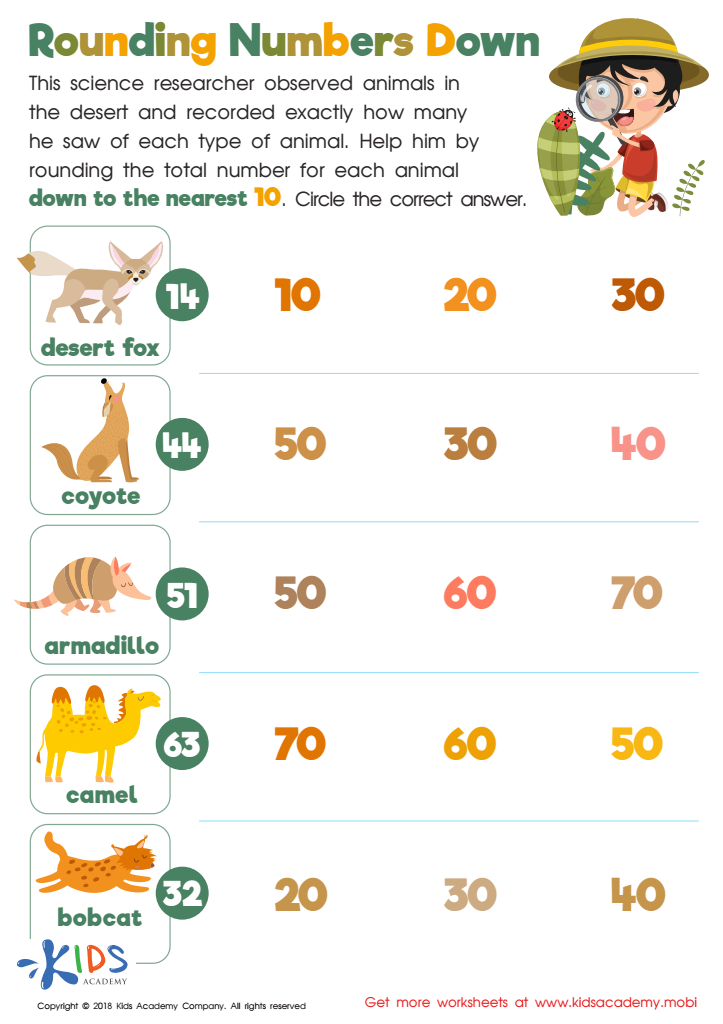

Rounding Numbers Down Worksheet
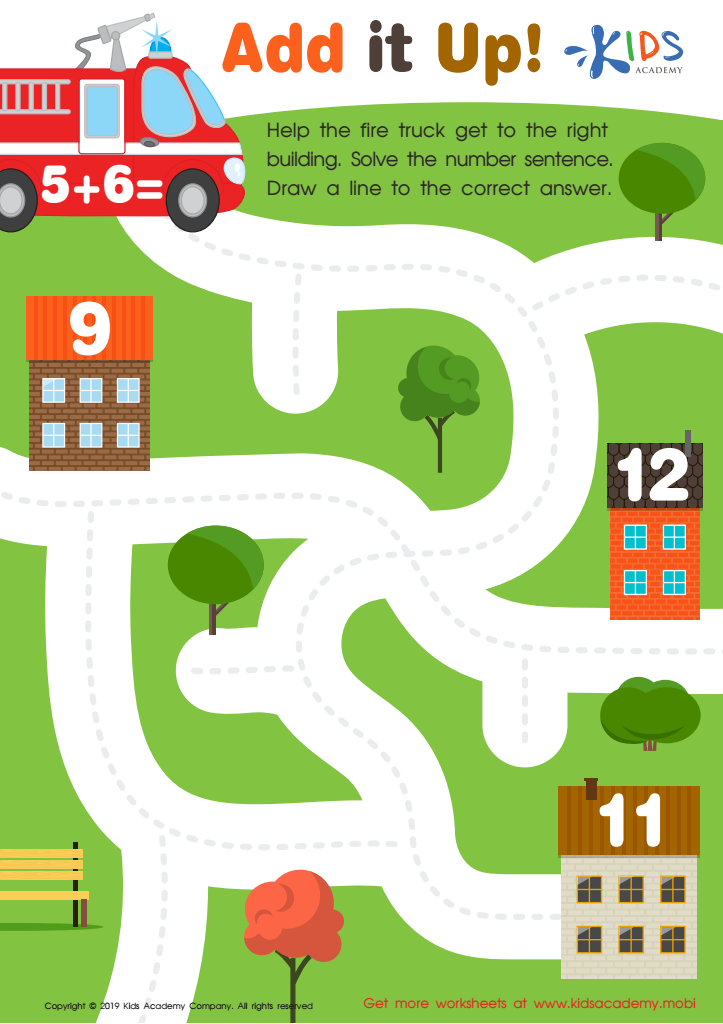

Add it Up Worksheet
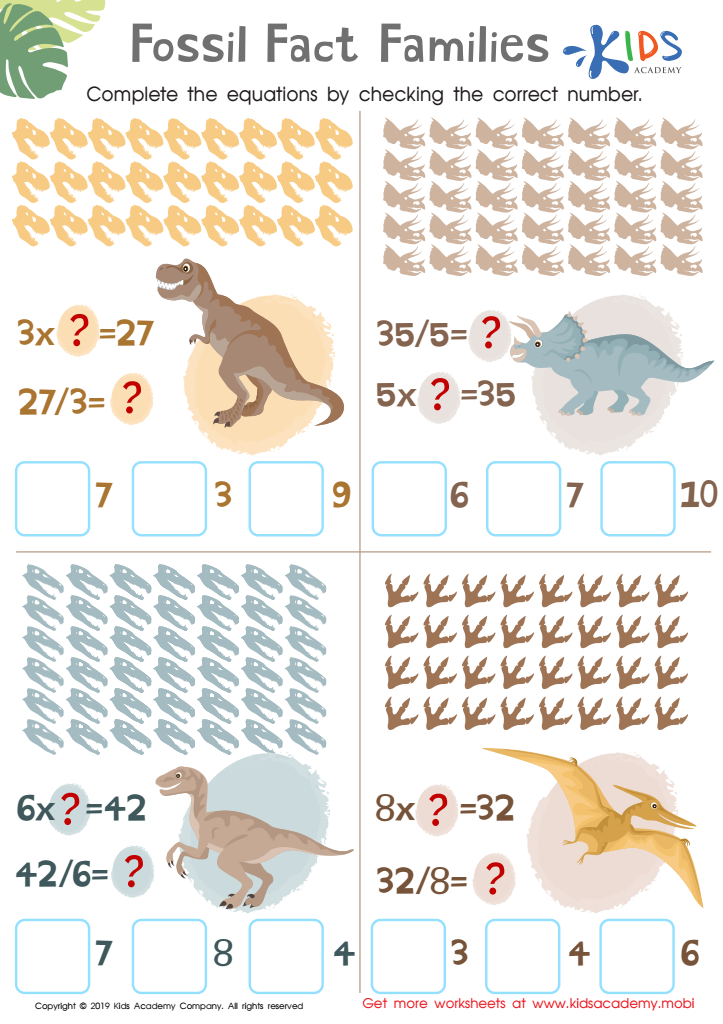

Fossil Fact Families Worksheet
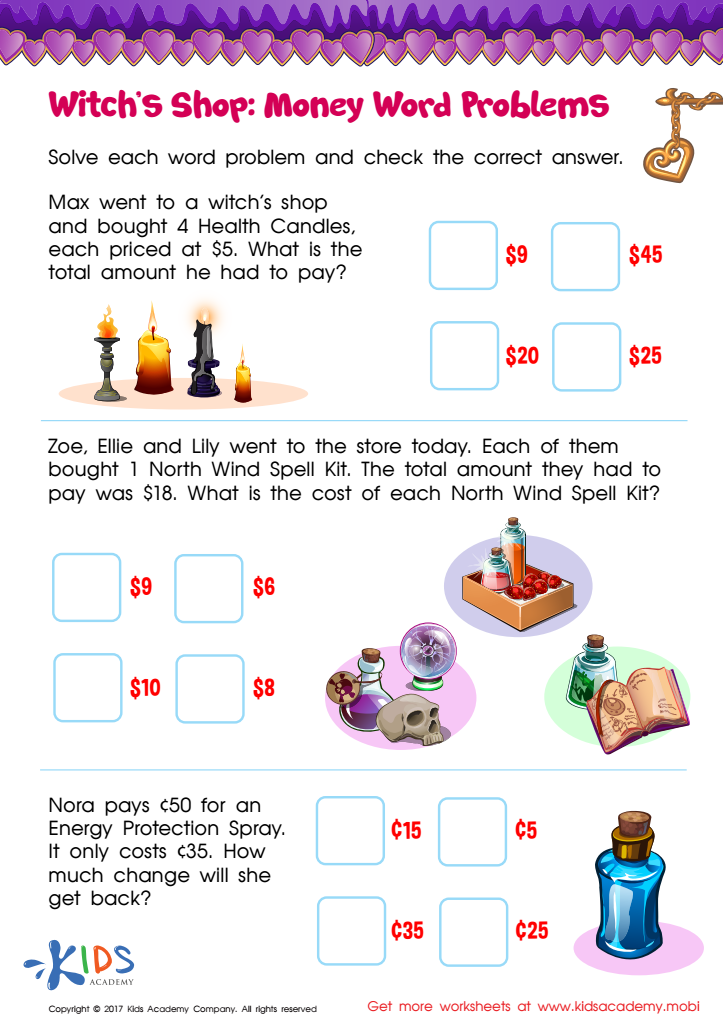

Money Word Problems Printable
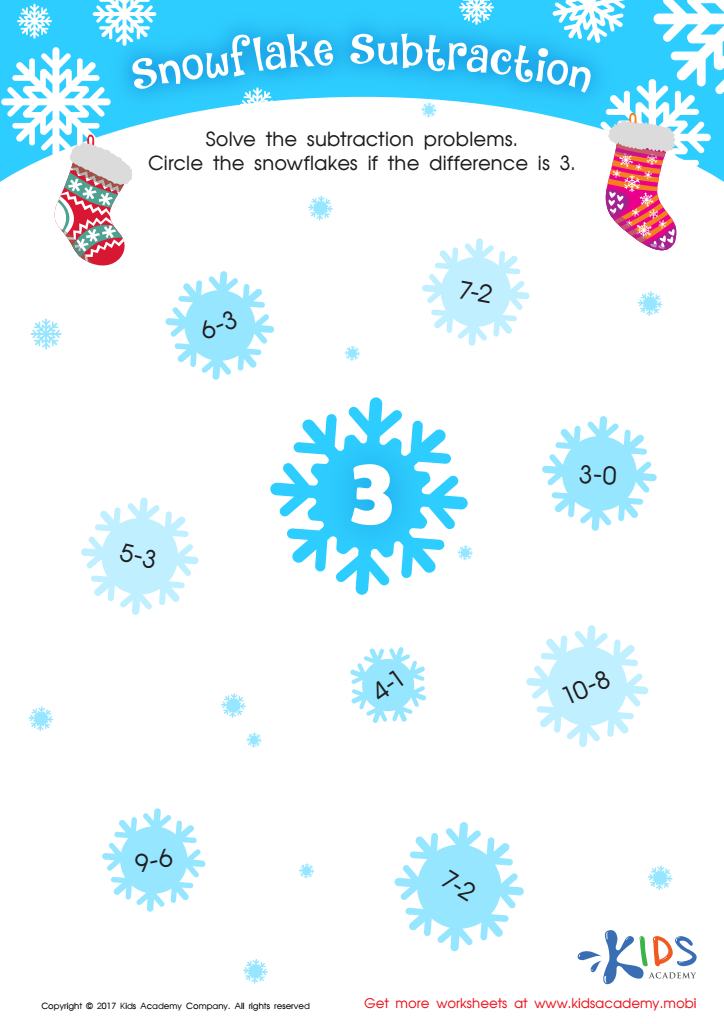

Snowflake Subtraction Worksheet
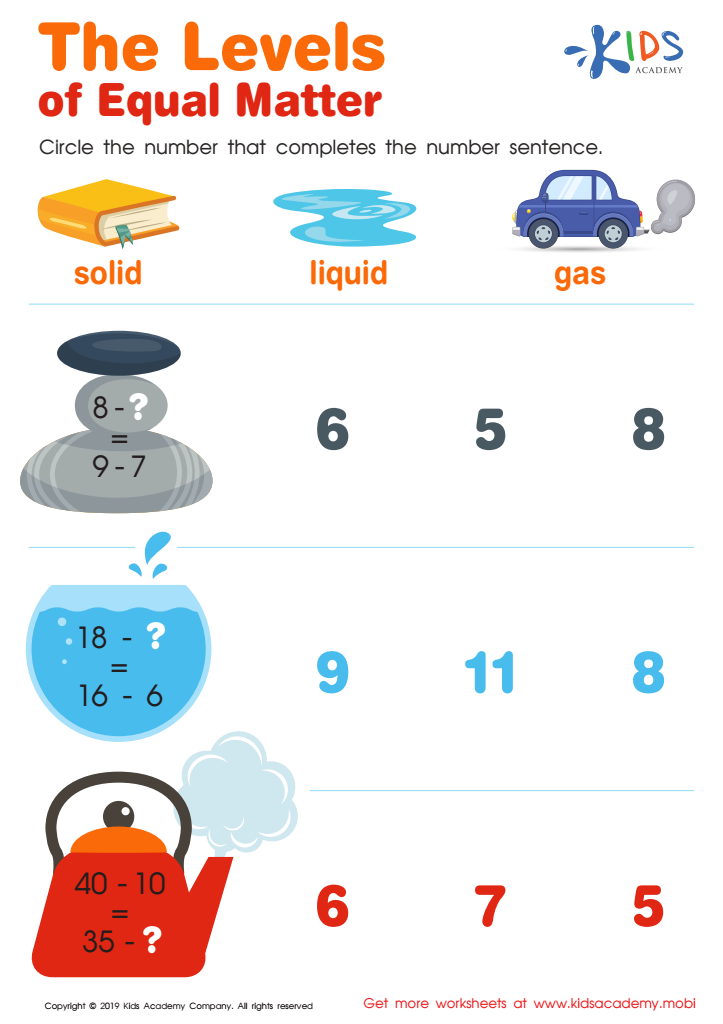

The Levels of Equal Matter Worksheet
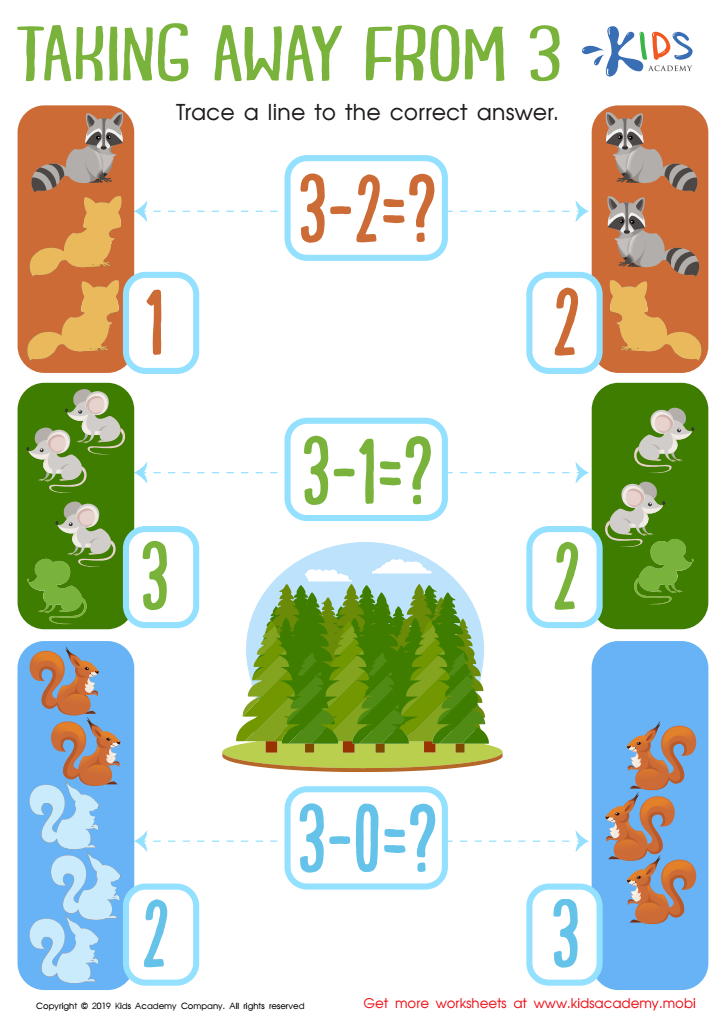

Taking Away From 3 Worksheet
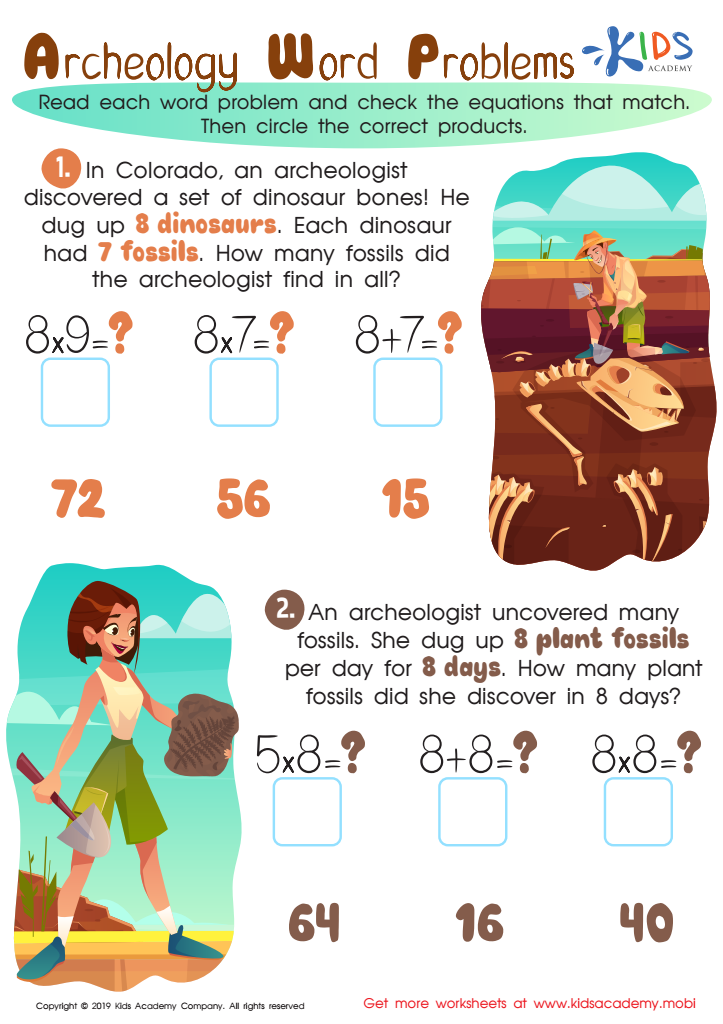

Archeology Word Problems Worksheet
Math problem-solving for children aged 6-8 is crucial for their overall development and future academic success. During these formative years, kids are not only learning basic arithmetic but also developing essential cognitive skills such as logical thinking, pattern recognition, and spatial awareness. By engaging in math problem-solving activities, children practice critical thinking and learn to approach problems methodically, which translates to better problem-solving skills in everyday life.
Moreover, early exposure to math helps build a strong foundation for more advanced mathematical concepts. A solid understanding of early math concepts is known to be a strong predictor of later academic achievement in various subjects, not just mathematics. It also boosts confidence and fosters a positive attitude towards learning in general.
For parents and teachers, nurturing a child's curiosity and ability to handle math problems is vital for encouraging a growth mindset. When children see math as a series of challenges that they can overcome with effort and strategy, they are more likely to persist in the face of difficulties. This resilience and persistence are invaluable life skills that benefit them academically and personally.
Finally, fostering a love for math early on helps eliminate math-related anxiety and promotes a lasting interest in STEM (Science, Technology, Engineering, and Mathematics) fields, which are integral to the modern world. Thus, it’s essential for parents and teachers to support and encourage young learners in their math problem-solving endeavors.
 Assign to My Students
Assign to My Students

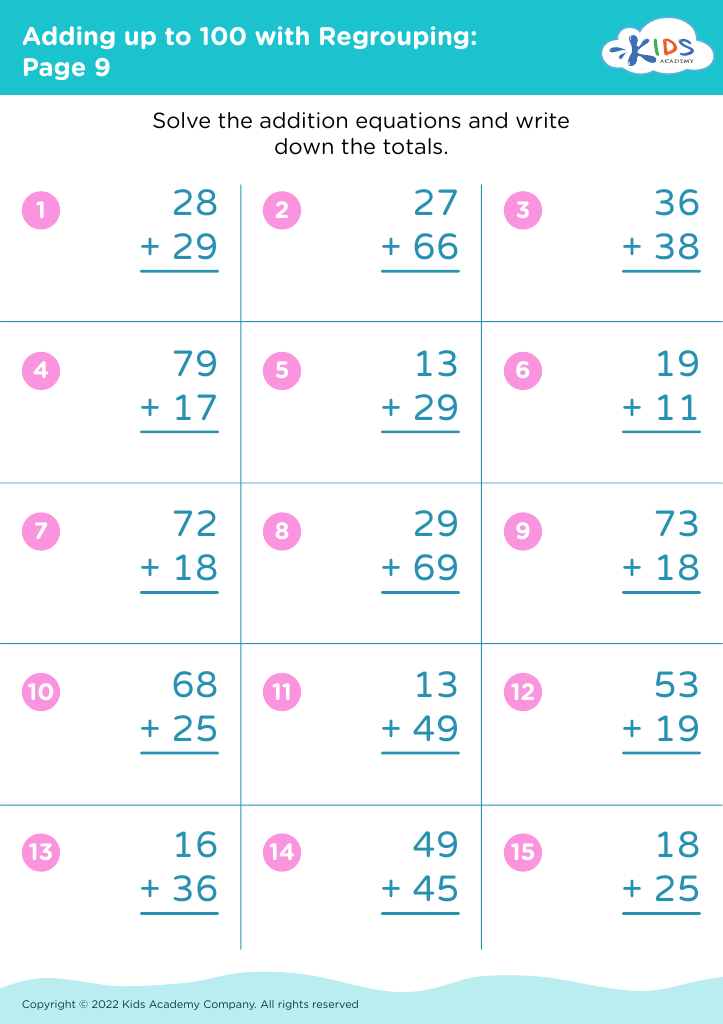


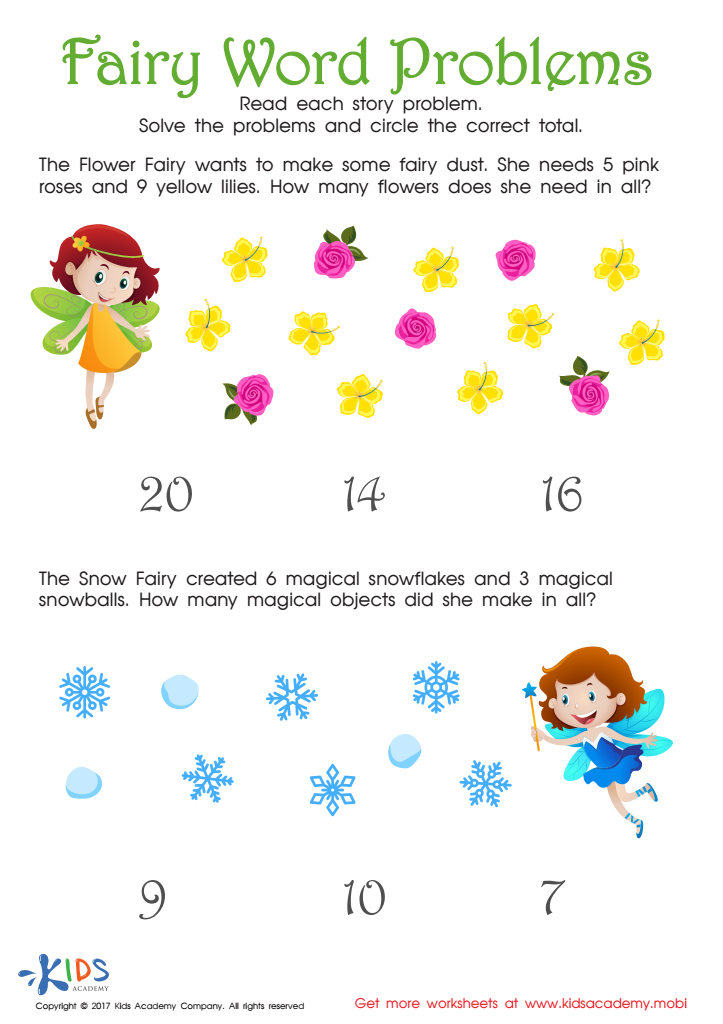
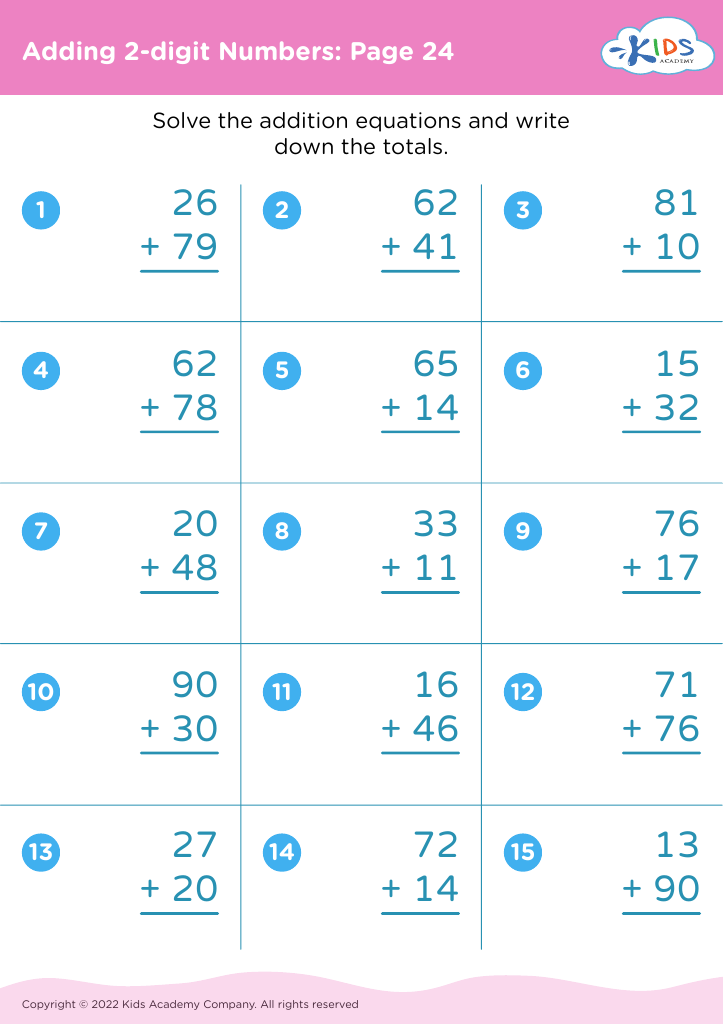
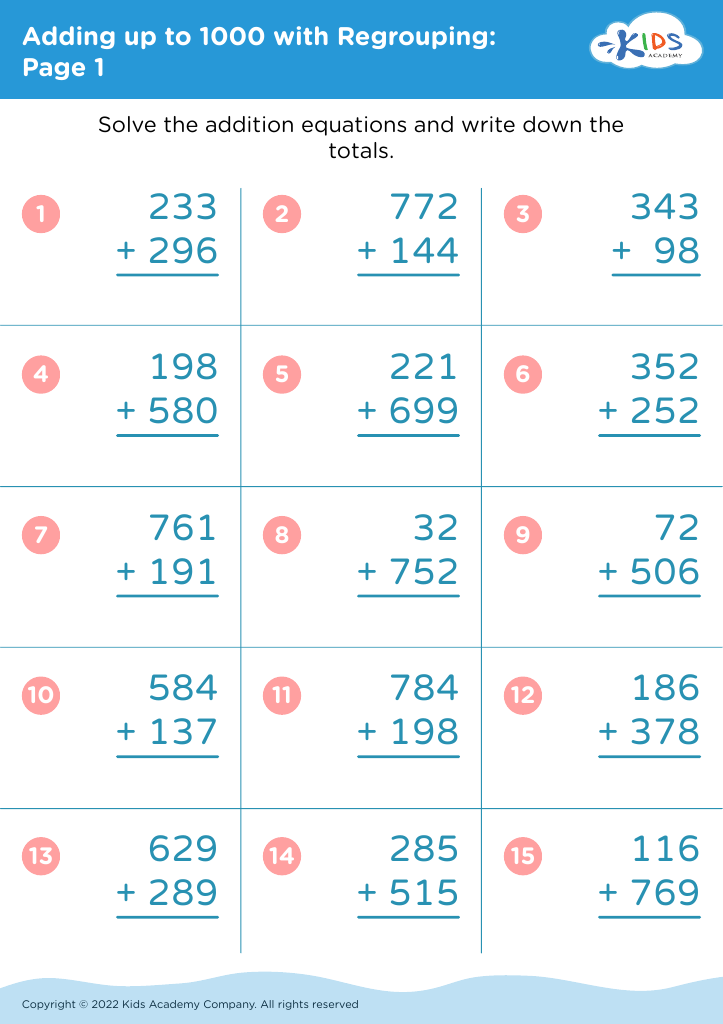
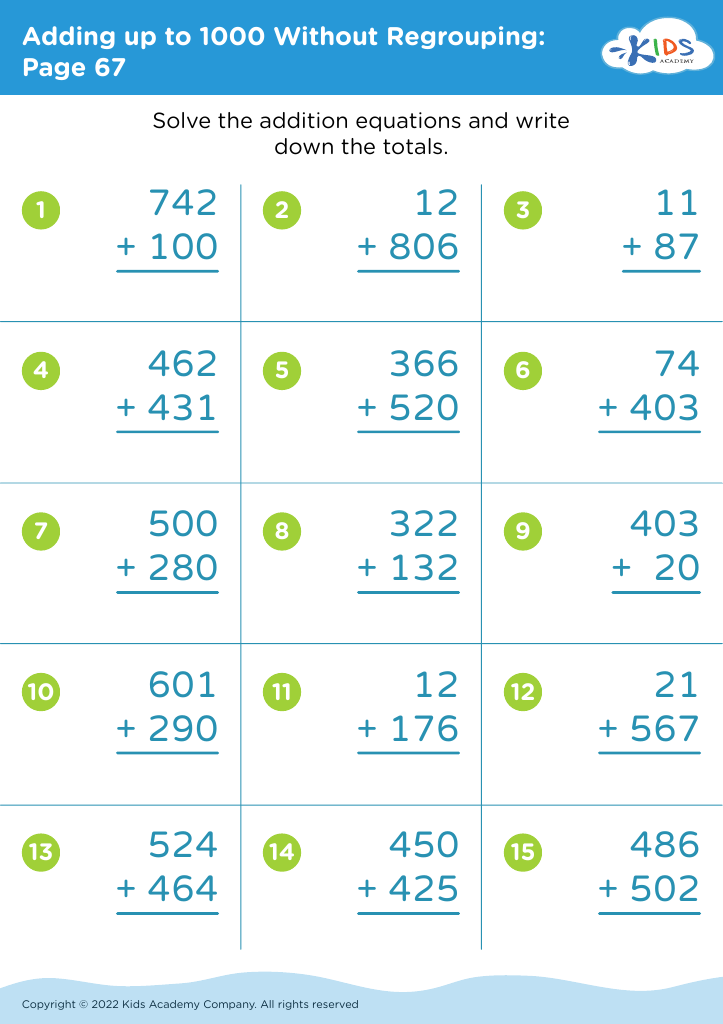
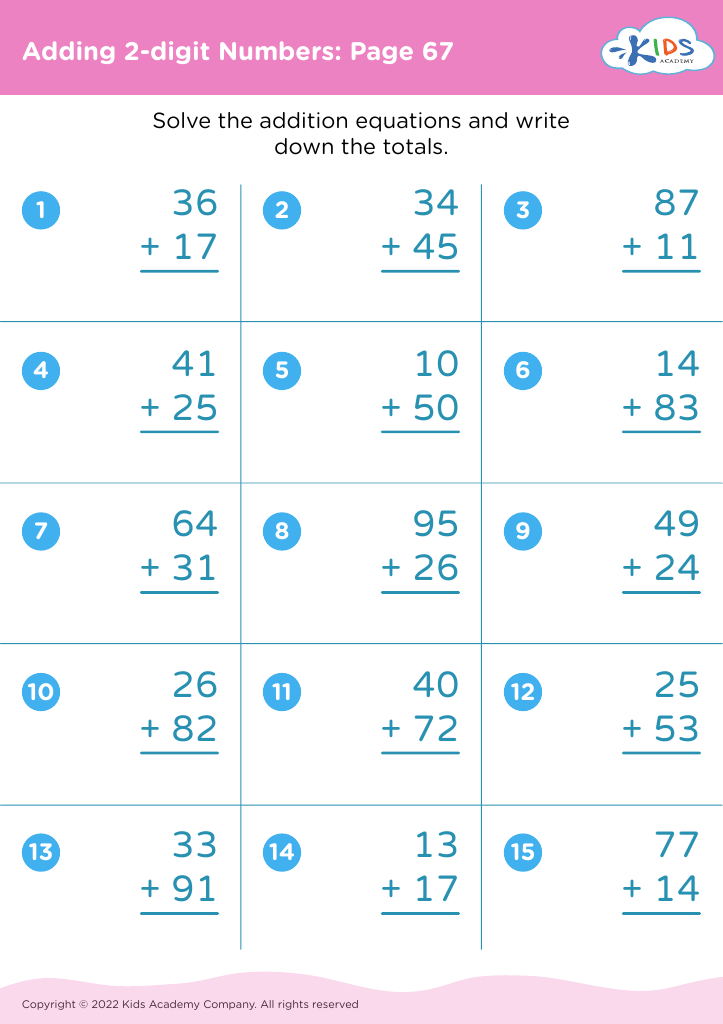






.jpg)














